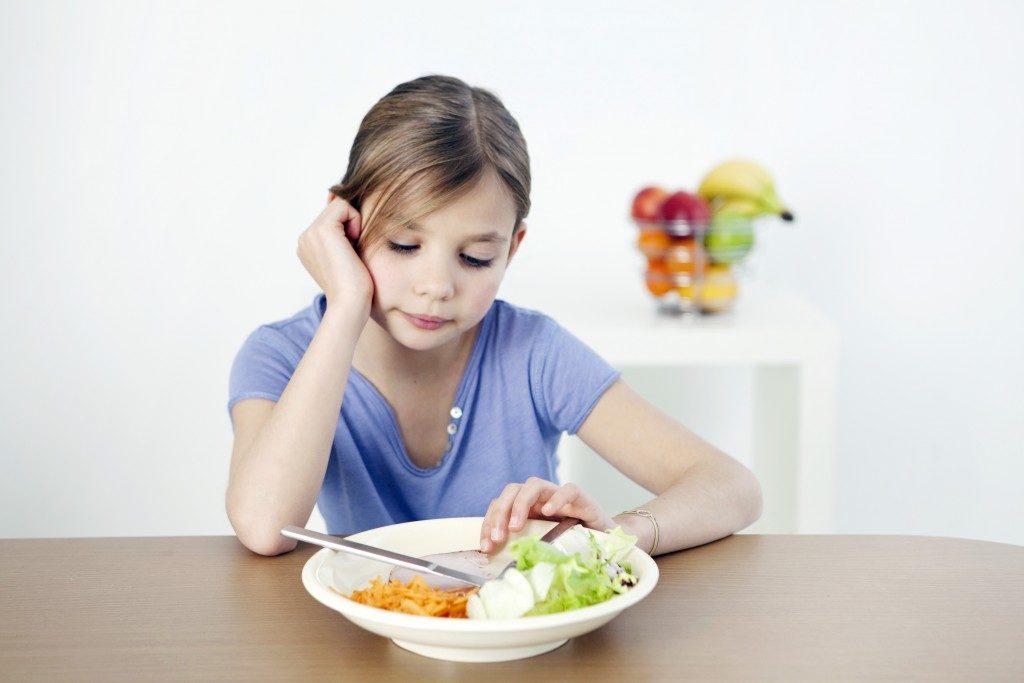Eating disorders develop due to a range of factors. But perhaps the strongest influence no one dares to talk about is parental behavior.
A lot of studies show that what moms and dads do and say have a serious impact on children’s risks for developing eating disorders. And it has far-reaching consequences given that the influence starts early. Here are some of the seemingly petty things that parents say, which can play a role in kids’ risks for eating disorders later in life.
1. “You’re getting fatter.”
It seems like an innocent comment, something you would say at a typical family dinner. But if said over a couple of more meals, children could fall into the trap of obsessing over body image, a risk factor for eating disorders.
The risk even increases if there’s a pressure to be “perfect,” for example, if parents want their kids to be on the ice skating team or join beauty pageants. Add the teasing remarks of siblings over the dinner table, and you have anorexia or bulimia waiting to happen.
So, even if your fat remarks are intended to be funny, don’t underestimate the risk. If you’re seriously concerned about your children’s body weight, suggest healthy lifestyle habits instead. Ask their pediatrician to open that discussion.
2. “You can eat this if you stop crying.”
 Most parents tend to relieve children’s emotional outbursts with sweet treats or favorite snacks. This can be dangerous, as it sets up the association between food and dealing with emotions.
Most parents tend to relieve children’s emotional outbursts with sweet treats or favorite snacks. This can be dangerous, as it sets up the association between food and dealing with emotions.
In the case of binge eating disorders, people turn to compulsive overeating to experience a sense of comfort and relieve feelings of anxiety. When they do engage in such behaviors, they’re all the more thrown into the pit of negative emotions, feeling shameful and guilty. It’s a never-ending cycle of losing control over emotions and behaviors.
That’s why most treatment options for binge eating require changing thinking patterns to influence managing feelings and actions. The bottom line here is that you shouldn’t use food as a reward for good behavior.
3. “You eat this, not that.”
It’s inevitable for parents to police their kids on what they should and shouldn’t eat. They have the best intentions, of course, making children consume what’s healthy. But this can do more harm than good.
A study shows that when parents control how and what kids eat, the latter will try to take back control by refusing to eat or on the flip side, start to overeat. When moms and dads force consuming a certain type or amount of food, mealtime becomes a difficult time for children.
What you should do instead is to provide different nutritious food items on the table, give your kids freedom to choose, and then model and teach portion control.
Parents have a big role in protecting children’s health. Just with your words, they can have a completely new way of thinking about themselves and dealing with food. So, be conscious of the seemingly trivial things you say that can hurt their well-being.



